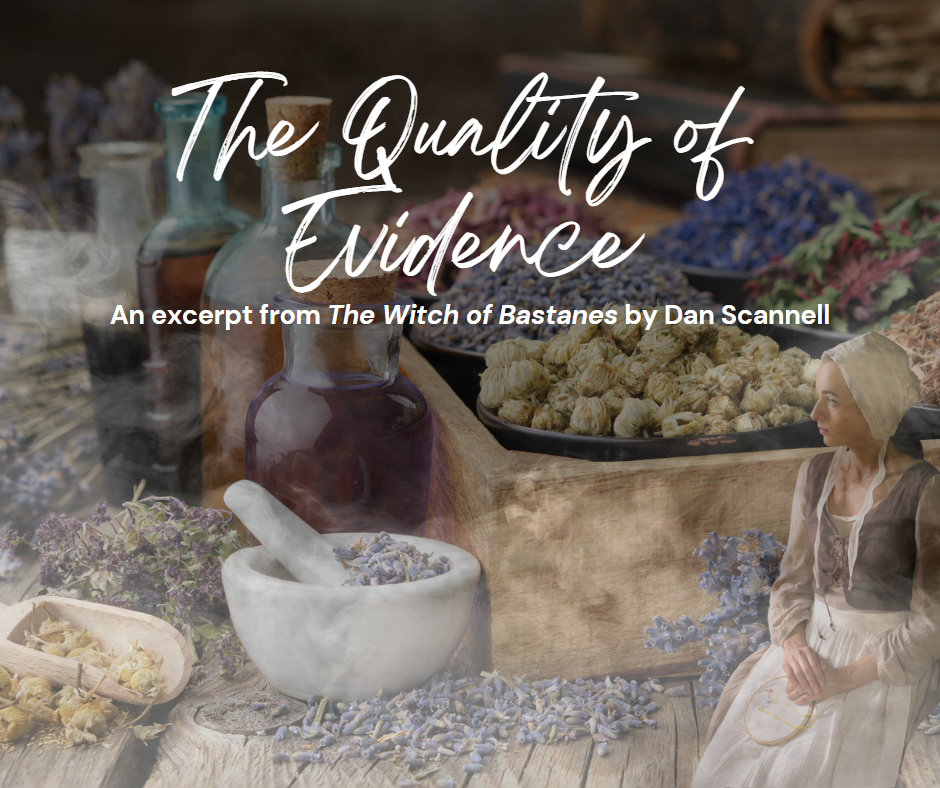A Dark Stranger
- Daniel Scannell
- Oct 13, 2022
- 2 min read

The black robed wonderer shuck the dust from his sandaled feet, before shouldering open the door to the bishop’s residence. In his meanderings, he had passed through Lescar before, although he rarely rested long enough to wear out his welcome. He was, after all, a scholar, a priest and a scientist, meaning that most people considered his ideas strange and his methods downright dangerous.
Once inside, he spied a large gathering of officials, as well as the simply curious, in the spacious anti-room, where a Church court proceeding was in session. As a widely traveled priest and scholar, he had participated in more than his share of Church trials, on both sides of the bench. He had never come to regard them as part of his priestly or scholarly vocations.
“Who speaks for the accused?” The head of the ecclesiastical tribunal, Monsenhor Raymond III, the new Bishop of Lescar, glowered from his throne chair at the rag covered, black haired, olive complexioned woman seated on the raised floor of the docket before his bench. Her hands and feet were bound in irons, and her coal black hair was ratty and disheveled. She was clearly frightened, not only of the Bishop, but of the four falcon-like clerics seated around him. She heard him, but since he was speaking Latin, rather than the local Langue d’Oc, she was not at all sure that she followed his meaning.
The stranger observed the prisoner carefully, and concluded that he had seen her before, under different and more pleasing circumstances. He looked past the grit and chains and concentrated, instead, on her extraordinarily large, luminous, chestnut brown eyes. They spoke to him, and without willing it, he imagined her in an Arab hijab, such as those he had seen in Toledo, with nothing but those arresting eyes visible beneath the vail. Ashamed of his reverie, he quickly brought himself back to the present.
“I speak for the accused,” came the voice, in clear, classical Latin, of the thin, black robed, red haired man who had just recovered from his daydream about the recently reconquered cities of Islamic Hispania. “Is it asking too much to request that these proceedings be conducted in Occitan, rather than Latin, so that the accused can understand something of the charges you intend to bring against her?”
“And you are...”
“Oh, I’ve been known by several names, depending on where I am in my travels. On this side of the Pyrenees, people call me, ‘Paire Miquel Escorial’; in London, Father Michael Scot; in Paris, it’s ‘Père Michel Écossais’; in Bologna, I’m known as ‘Padre Michael lo Scozzese.’ You may take your pick.”
If you enjoyed this excerpt, check out the novel The Witch of Bastanes. Available on Amazon and at a bookstore near you!





Comments